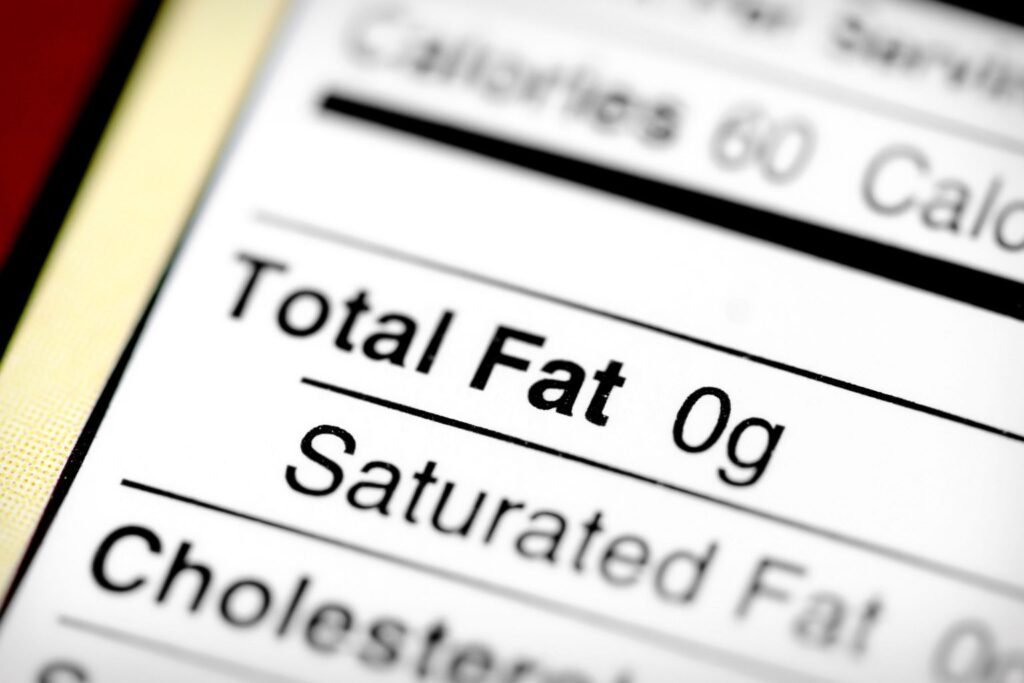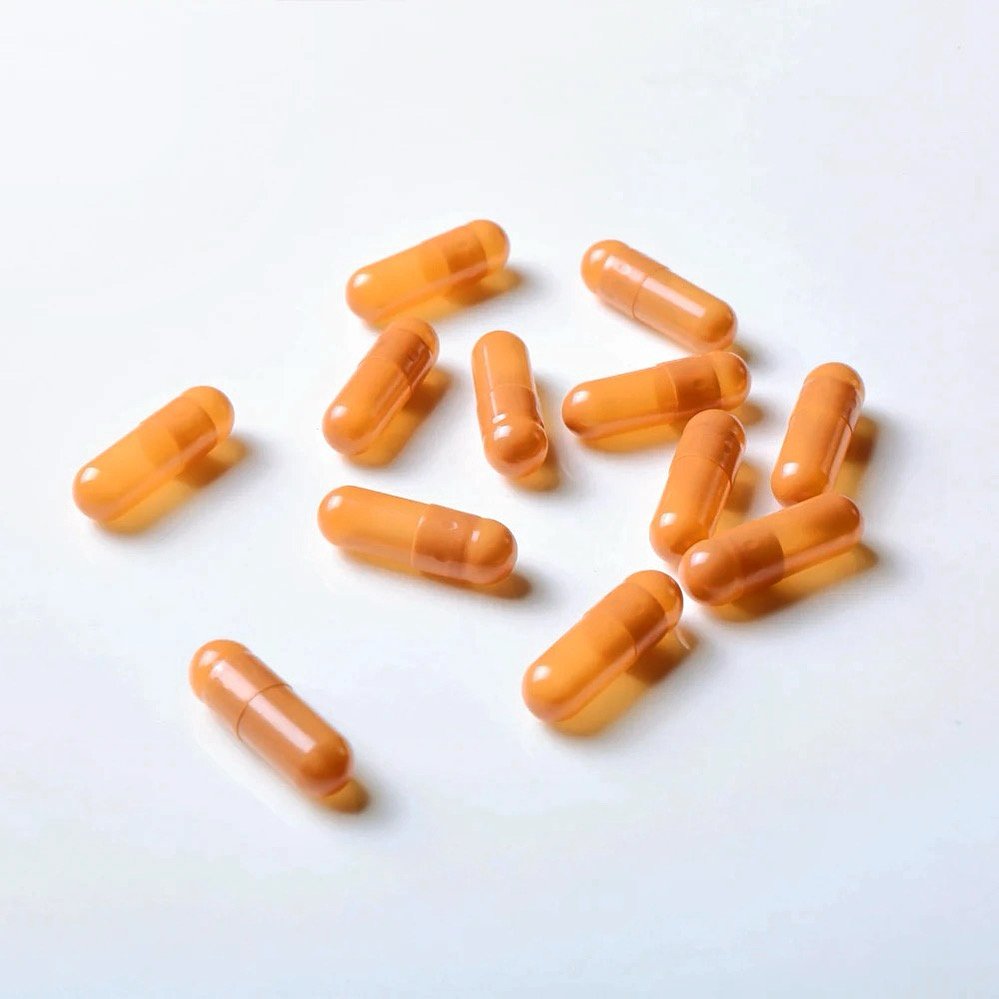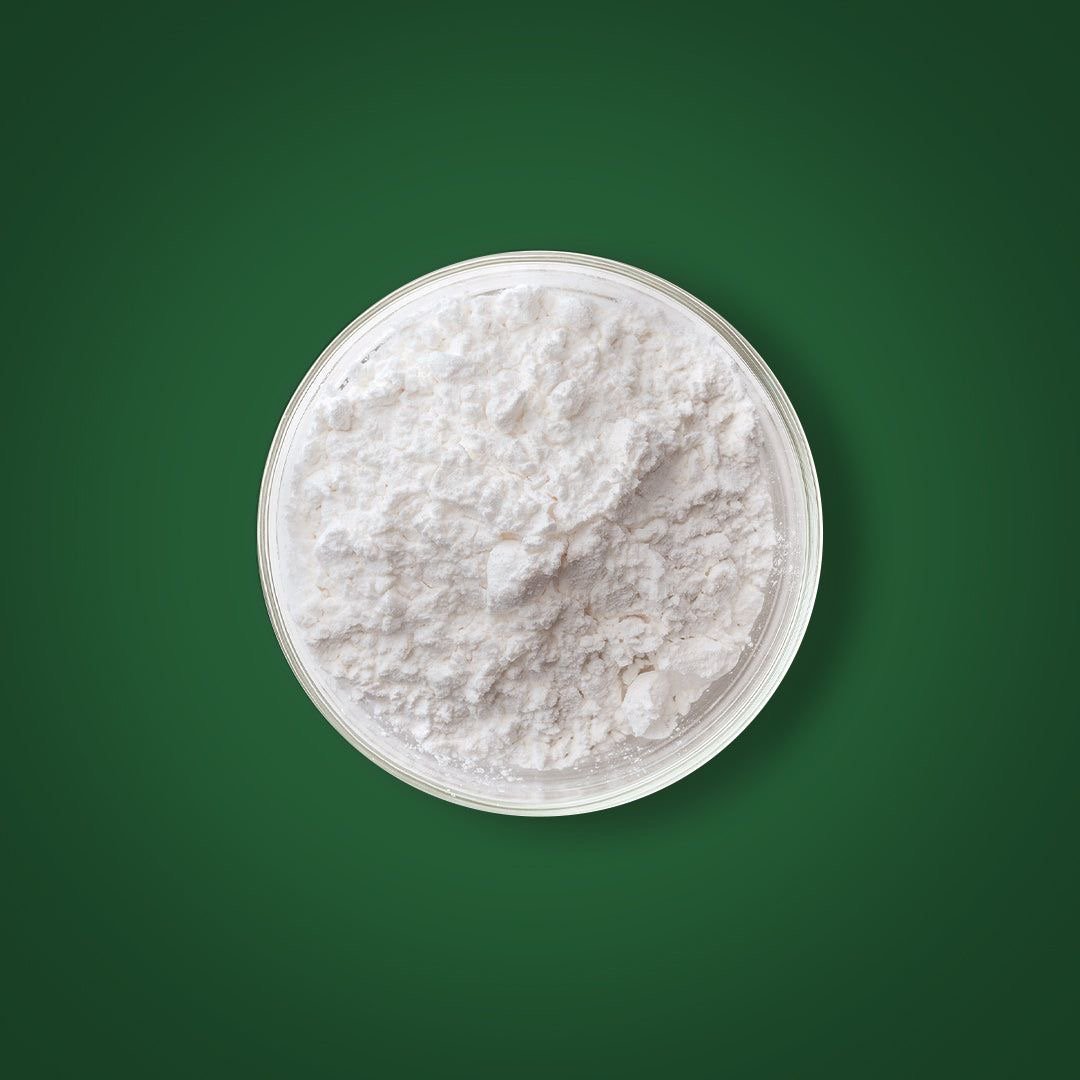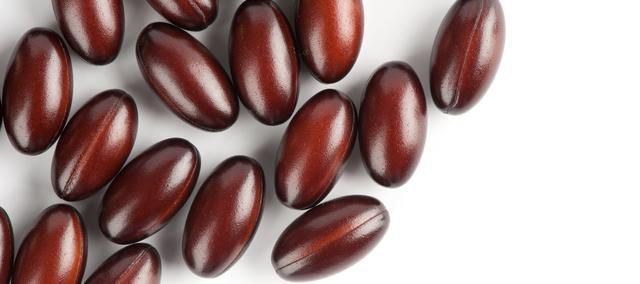
The food supplement sector has seen remarkable advancements as more people focus on improving their health and dietary intake. These supplements complement a diet by providing extra nutrients or substances, filling nutritional gaps. It’s critical to understand that they are not a substitute for a varied diet and are available in forms like capsules, gummies, powders, tablets, or liquids. Marketing for these products often makes claims about the advantages they may offer.
Defining Food Supplement Claims
These claims are marketing messages that highlight the supposed benefits or properties of food supplements. They aim to educate consumers on why a supplement might be beneficial and affect buying choices. It’s key to remember that the broader regulations on nutritional and health claims encompass food supplements as well.
Nutritional Claims in Europe
Nutritional claims are those that indicate a food has certain beneficial nutritional qualities. Examples include “rich in vitamin C” or “no salt.” In Europe, only claims on the “positive list” from Regulation (EC) No 1924/2006 are allowed. For instance, a claim about being a “source of” or “high in” certain vitamins or minerals is permissible if it provides a significant portion of the nutrient, defined as at least 15% of the Nutritional Reference Value (NRV), according to Regulation CE No 1169/2011.
Health Claims in Europe
Health claims suggest a link between a food and health but can’t suggest disease prevention or cure. Regulation EC No. 1924/2006 lists authorized health claims. Authorized claims must be scientifically valid, with assessments by the European Food Safety Agency (EFSA) leading to official EU approval. Claims must relate to the ingredient proven to have the health benefit, not the entire product.
Pending Health Claims in Europe
These are claims awaiting EU approval, often related to botanical ingredients. The debate is ongoing whether traditional use is enough for approval. Pending claims must be justified and approved by national authorities before use.
Beauty Claims in Europe
Beauty claims on supplements address the appearance, like skin or hair health. They must not be confused with health claims.and are subject to the regulations of individual EU Member States, as there is no EU-wide regulation for them. They should be truthful and based on human studies.
Consumer Satisfaction Claims in Europe
These are based on customer feedback or survey results, showing satisfaction with the product. Such claims should be objective and verifiable. Testimonials from health professionals are forbidden.
In summary, food supplement claims are a vital communication tool for consumers, with stringent regulations ensuring they are scientifically supported. Brands should be aware of the diverse claim types and regulatory landscape, which can vary even within the EU. For specific guidance, consulting with regulatory bodies is crucial.
For regulatory assistance with your food supplement development, consider reaching out to FOREFRONT Nutraceuticals for additional services.




